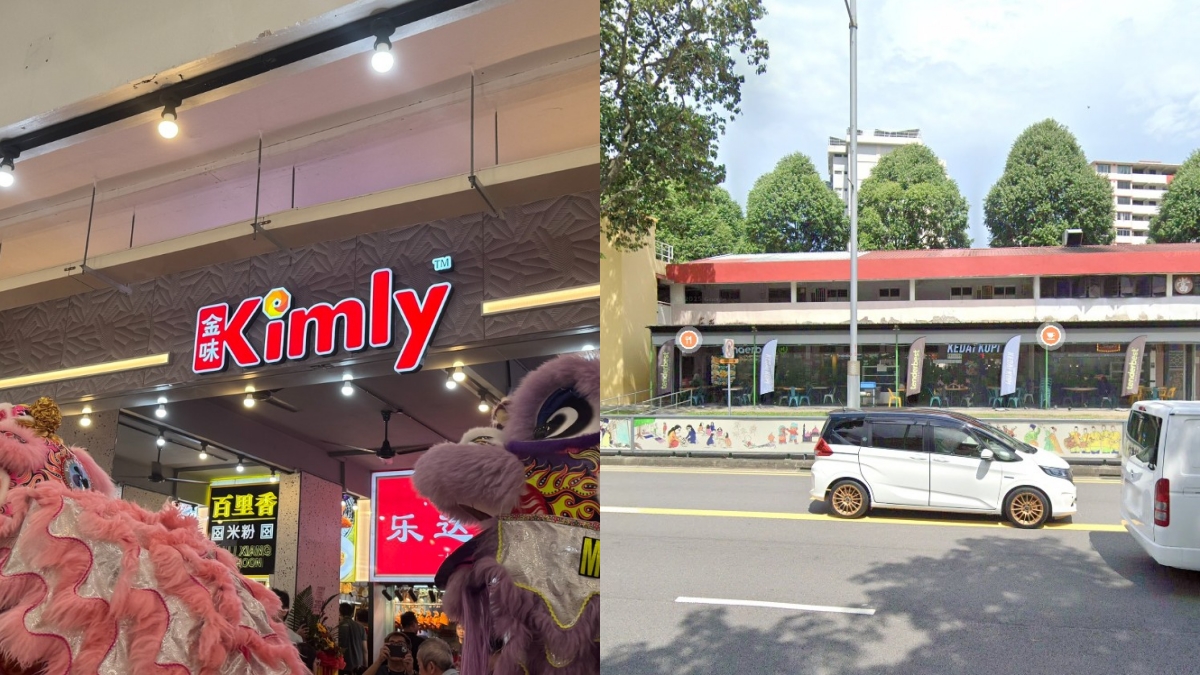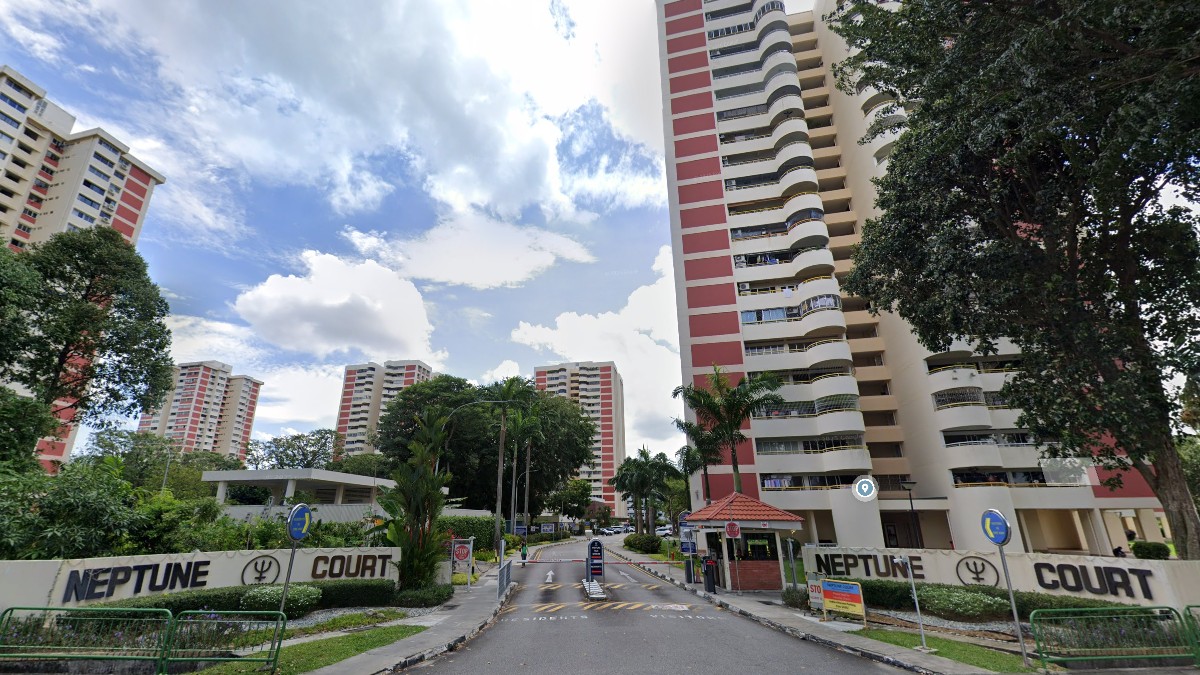Two property agents penalised for anti-money laundering lapses linked to S$3b case
Two real estate agents have been disciplined by the Council for Estate Agents (CEA) for failing to carry out customer due diligence in transactions tied to Singapore’s landmark S$3 billion money laundering probe. The enforcement underscores CEA’s continued efforts to ensure compliance with anti-money laundering and countering the financing of terrorism (AML/CFT) obligations within the property sector.

- The agents failed to meet AML screening and documentation requirements in two separate property transactions linked to the 2023 money laundering case.
- One agent, Tiew Chin Nee, received a S$5,000 fine and a Letter of Censure for failing to conduct proper screening.
- Another, Zhu Zhengxin, was fined S$2,000 for incomplete due diligence and false reporting in a commercial property deal.
SINGAPORE: Two real estate agents have been penalised by the Council for Estate Agents (CEA) for failing to conduct customer due diligence (CDD) measures in property transactions connected to the S$3 billion money laundering case.
Announced on 1 July 2025, the enforcement follows investigations into property dealings that took place amid Singapore’s largest anti-money laundering (AML) operation in 2023.
In August 2023, the Singapore Police Force launched its most extensive AML operation to date. Ten foreign nationals were arrested, and assets including properties, vehicles, and luxury items amounting to about S$3 billion were seized.
Following these developments, CEA began probing real estate salespersons (RESs) involved in facilitating related property transactions. The latest enforcement action highlights two separate cases of RESs breaching AML/CFT regulations under the Estate Agents (Prevention of Money Laundering and Financing of Terrorism) Regulations 2021 (PMLFT Regulations).
.
.Case 1: Industrial property purchase without proper screening
In January 2022, RES Tiew Chin Nee assisted a client, referred to as X, in acquiring an industrial property. Tiew also arranged a rental transaction for the same property in May 2022.
However, according to CEA, she did not perform the necessary AML screening. She failed to check X against the list of designated persons under the Terrorism (Suppression of Financing) Act 2002 or relevant UN sanctions lists.
Additionally, Tiew did not assess the risk of X engaging in illicit financing, nor did she document the rationale behind her decision for the rental arrangement, as required under the PMLFT Regulations.
For these lapses, CEA issued a Letter of Censure and imposed the maximum penalty of S$5,000. Tiew was found in breach of Section 44B(2)(a) of the Estate Agents Act 2010 and Regulations 4(1)(b) and 11(1) of the PMLFT Regulations.
Case 2: Incomplete due diligence in commercial property deal
The second case involved former RES Zhu Zhengxin, who represented a local company in buying a commercial property in September 2020.
The beneficial owner of the company, known as Y, was later convicted of money laundering and forgery. Y had created the company specifically for the investment. Although Zhu completed the CDD checklist and Customer’s Particulars Form, he failed to obtain the necessary written acknowledgment from the company, including an authorised signatory’s signature and official stamp.
Moreover, he falsely indicated in his submission to his estate agency that he had secured this confirmation.
As a result, Zhu received a Letter of Censure and a financial penalty of S$2,000 for violating Paragraph 5(1) of the Code of Ethics and Professional Client Care.
CEA’s stance on regulatory breaches
CEA emphasised its commitment to upholding AML/CFT standards in the property sector. The Council said it continues to investigate other RESs involved in transactions linked to the 2023 case and will pursue enforcement where warranted.
According to CEA, real estate professionals are required to perform and retain CDD documentation for at least five years. They must also report suspicious activity to the Suspicious Transaction Reporting Office (STRO) and implement internal procedures to prevent money laundering and terrorism financing.
Violations of the Estate Agents Act 2010 can result in disciplinary proceedings, financial penalties, or suspension and revocation of licences.







